
Benefits to Learning Music Theory - Becoming a Better Musician
Learn your instrument faster. Learn a second instrument faster. Gain Confidence. Match the notes on the harmonica to the notes in chords for awesome solos.
Lesson Info
Lesson Length: 7:31
Instructor: George Goodman
Recommended Gear
Takamine EG541SC
I am playing my black tak in this one.
This is a Takamine G Series EG541SC bought in North Carolina when I was playing in a band called Double Take.
Specs:
Top - Solid Spruce
Back - Nato
Sides - Nato
Finger Board - Rosewood
Electronics - TK40
Finish - Gloss Black
Check out more Takamine G Series Guitars
The C harmonica is required in this one.
A C harmonica is the first one you need to follow along with the lessons on the site. I often play a Hohner Special 20 Harmonica in the key of C through a Shure Green Bullet microphone Model 5200 and Fender Super Champ amplifier
The Hohner Harmonica Neck Holder fits harmonicas up to 7-1/2" long.
With a long-lasting nickel-plated finish, this harmonica rack is adjustable and fits any neck shape.
Help File
Why Learn Music Theory
Having a background in music theory will allow you, the musician to
1) Learn how to play an instrument easier, faster, and with more enjoyment. It is more enjoyable to learn something if progress is made quickly; if real results can be accomplished in a short amount of time. Knowing music theory allows this to happen by giving the musician the ‘why’ and ‘what’ to what they are practicing. Instead of just practicing an exercise, the musician with a background in music theory will understand what the notes are and how they are part of a key and how they go together, how they can be transposed to other keys and so on. This deeper understanding fosters a faster learning curve.
2) Have a greater understanding of the instrument. With knowledge of music theory, the musician has a better understanding of the limits and possibilities of their instrument while supplying an understanding of where scales and chord tones are located on the instrument.
3) Learn how to play a second instrument easier and be able to relate between the two. For example, rhythm only needs to be learned once. If it is learned on the first instrument, rhythm can immediately be applied to the second instrument. The better you are with music theory, the easier subsequent instruments are to learn. Relationships between instruments can be made when theory is understood. For instance, with guitar and harmonica, a knowledge of theory will allow the musician to transpose chords on the guitar to notes on the harmonica.
4) Understand why certain chords and notes work or sound good together and why others are dissonant. Understanding theory allows the musician to know which chords are part of a particular key as well as knowing which notes make up the chords and which scales can be used as a basis for improvisation when particular chords are played.
5) Learn how to select the proper key harmonica depending on the style and key of the song. In order to select the correct key of harmonica, the musician needs to be able to identify the style of a song as well as know what key the song is in. Then using their knowledge of theory can determine what position to play in and so determine the correct harmonica key.
6) Learn which holes on harmonica, blow or draw, match the particular chord in the song. Music theory can be used to determine what degree of a scale the chord in question starts on. If the chord is the I Major chord, that knowledge can be used to know which holes to blow or draw on. In this case, the I Major chord consists of all the blow holes when playing in first position. If the chord is the ii minor chord, then the chord tones are -4 -5 -6 -8 -9 -10. More on all of that shortly.
7) Learn songs instantly by reading the music. Learning a song or licks and melodies by ear is great for ear training and I highly recommend it. But if you don't know the song but have the music and can read it, you can be playing it then and there.
8) Understand everything going on in band rehearsal and get taken seriously. Harmonica players are not necessarily given the same respect as other instrumentalists. Not all musicians recognize the harmonica as a serious instrument or realize the amount of time involved in becoming a good harmonica player. Being able to talk knowledgeably about a song, it's chords and progression and to be able to correctly change key of harmonica when the key of the song is changed will go a long way to addressing any lack of respect.
5 Pack Case of Hohner Special 20s
What do I like about the Special 20s?
Great Sound, Smooth Comb, Responsive to Bending - but not loose, Affordable. I play Special 20s more than any other model.
Martin Acoustic Guitar Strings
If it's been a while since you've changed your strings, you won't believe the difference in the sound. These are some excellent Martin strings. Need I say more? Totally affordable.
Hohner Harmonica Holder
The Hohner Harmonica Neck Holder fits harmonicas up to 7-1/2" long, has a nickel plated finish and fits any neck shape.
I have used a similar holder for over 25 years. This no-nonsense holder will work for you.

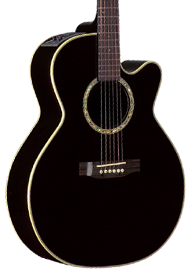


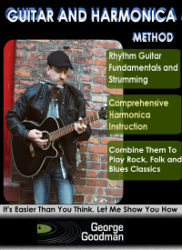
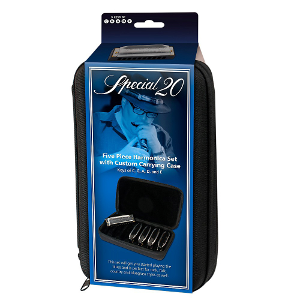

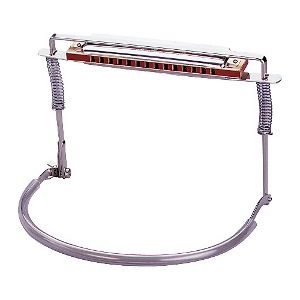

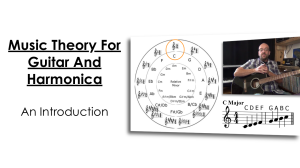

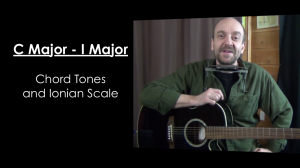

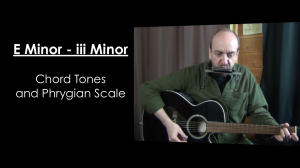
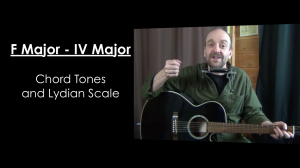
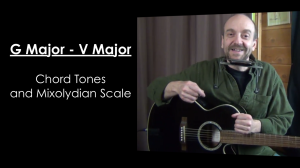
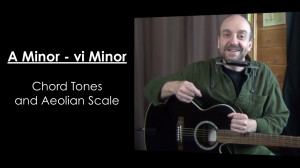
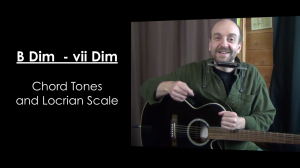
Leave a Reply